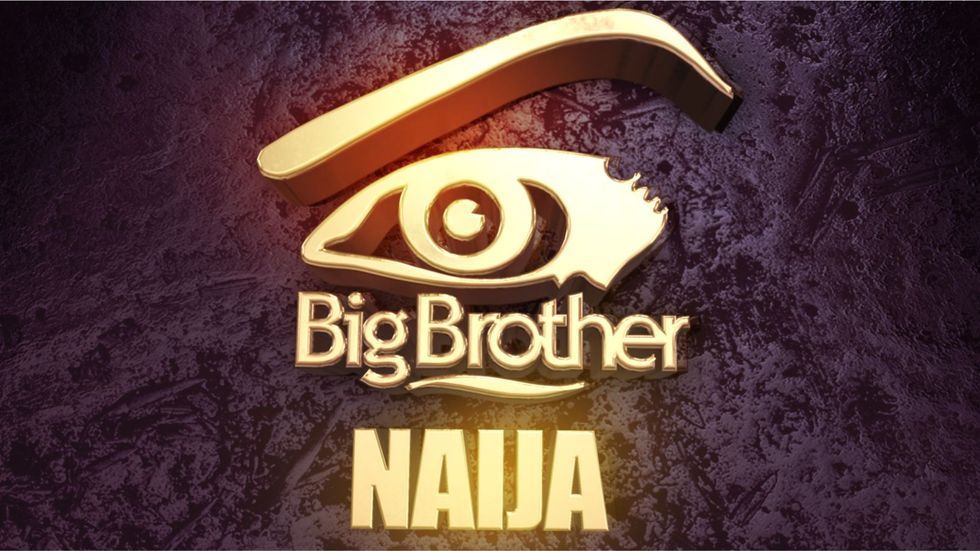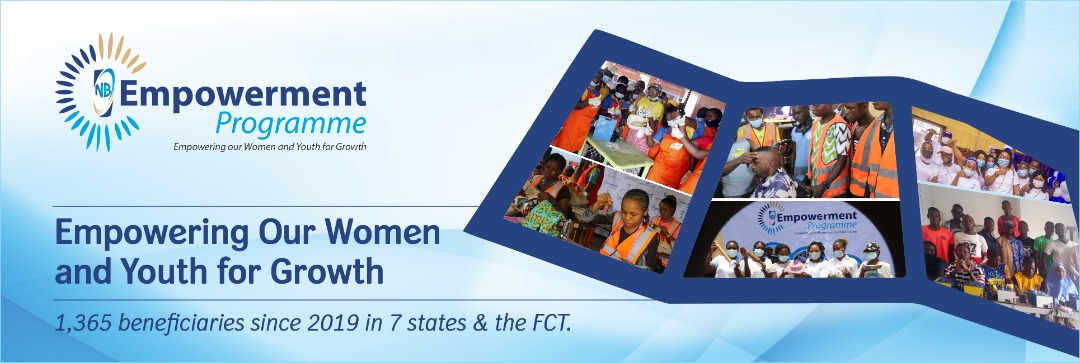By Adama Gaye
Never, despite a checkered political and economic history, has Senegal been brutally projected to the forefront of the concerns of the world community as it did this past week.
That was only the first phase, albeit a violent one, of a soon to unfurl deep, the profound earthquake that is likely to shake not just its foundations but the idea the rest of the world had of it.
What happened in the midst of grenade explosions, political arrests, huge crowds demonstrations, killings, arsons and shoutings against the country’s current, illegitimate, government, maybe the teaser for the next stage in arguably what amount to be a national revolution in the making.
Let’s be blunt: at this stage, that homegrown, popular, uprising, has been highjacked by political entrepreneurs in tandem, as usual, with the powers-that-be.
As we all know, it all started with a rape accusation levelled against the country’s rising political force. Quickly, it was seen as a ploy to eliminate him from the political spectrum as government operatives appeared to have micro-managed the girl at the origins of the sexual indictment.
From there what happened is already known by everybody. In a twinkle of an eye, Senegal burst in flames literally and was on the verge of an institutional, state, collapse.
That’s when, suddenly, with local mediators, including those from the powerful religious strand and the ever activists so-called human rights crusaders, the tense climate receded: three days ago, peace was given a chance and, back from the brink, Senegal got an unexpected relief.
Wait a minute, though. The worst is yet to come, looming large just around the corner.
The bottom line is: nothing of the protracted, in-depth, causes of the explosions witnessed by this West African country, located at the westernmost tip of the Atlantic Ocean, has been handled nor is about to fade away.
Senegal is indeed in serious troubles. Mainly because it has been mismanaged over the past twenty years as undemocratic leaders, from Abdoulaye Wade to the present ruler, Macky SALL, have consistently destroyed its social, political and economic fabric, including its immaterial assets making it hitherto one of the African continent’s most respected symbols of democratic advancement. In fact, Senegal has lost its magic, to reinvent itself as one of many mediocre, illiberal autocracies tearing apart Africa.
That, from the United Nations Secretary-General to the heads of the Ecowas Commission, The African Union and even a group of diplomats representing the European Union, all have coalesced to call the Senegalese political class and population to refrain from throwing their country further down the drain signals in itself the seriousness of the situation.
Yet nothing is surprising here. In particular, because Senegal has been decaying ever since the advent of Macky SALL at the helms of the country in March 2012 after what the world hailed as a landmark democratic transition but was truly a faked, negotiated, transfer of power between the newcomer and his predecessor, previously his mentor.
That political deal, against the nation’s genuine interests, is still hovering over its destiny.
And, surrounded by a gang of thieves, Macky SALL has not only been an eminent crook, champion at stealing the country’s public finances and its natural resources, in a grabbing exercise that would belittle the Russian oligarchs, but he has excelled at killing its people, hoped and the democratic norms therein.
The judiciary has become a charade. Elections are cancelled or stolen. The nation’s land and its public properties have been privatized by his cronies, his family members and himself. And he has thrown to the dogs what used to be Senegal’s fierce defence of its sovereignty as under his watch outsiders, mainly french and Chinese companies, have taken control. Sénégal is no longer a free land.
It’s not surprising that it all burst out suddenly as the Senegalese in their droves got unable to feed themselves, while others were forced to emigrate to far-flung territories, through risky nearby waters, or via the harsh Sahara desert, leaving behind them most of their compatriots being stricken by unemployment and having lost any hope to get a better life.
And considering furthermore the dismal and corrupt handling of the corona pandemic by the government, the writings were in the walls. It only needed the smallest pretext to be in the open.
Now, Senegal is recuperating from its tense moments. But the ceasefire, proof that we were in a quasi-war situation, is very fragile. In light of Macky Sall’s reneging on his promise to address the challenges raised by the crowds seen across the country and its diaspora, it is only a matter of time before the tragedy in waiting becomes a reality.
That’s why, this morning, after having consistently alerted the international community, I am again calling on Senegal’s bilateral and multilateral friends to reign on the dictator, the Butcher of Dakar, human rights destroyer, the assassin of innocent youngsters, that Macky SALL has turned out to be.
Senegal’s time bomb is ticking fast and no one would say the world didn’t know.
Act now, don’t be late or sorry…As Africa’s democratic gains are eroding fast and its political process falls into the hands of anti-democratic plotters at the helms of its nation-states, the way the lingering crisis in Senegal is managed will define whether it has the right to claim this 21st century as the next frontier of development or it would relapse into the basket-case, the hopeless continent described at the end of the last century by the well-known magazine, The Economist.
Time is rapidly running out.
Adama Gaye, a journalist and author, former Editor of the London-based West Africa Magazine, is now in political exile after being arrested and jailed for 53 days on the basis of his writings. He is the author of: Hostage Of a State (Harmattan Éditions, Paris) documenting his abduction and detention by the regime of Macky SALL.

















